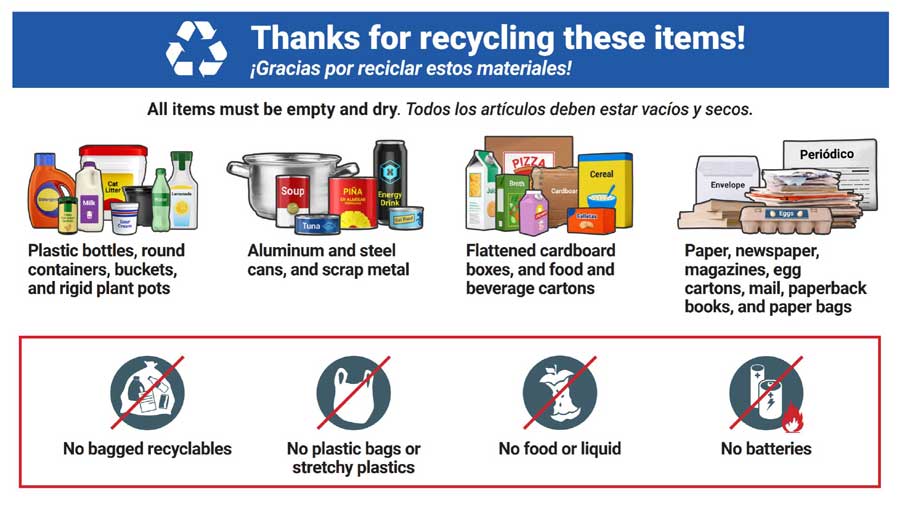OUR VIEW: Fire crews deserve thanks — and residents should be prepared
Published 6:00 am Wednesday, June 26, 2024

- OUR VIEW LOGO (NEW)
With a lightning-quick initial response followed by days of determined work, firefighting crews were able to corral two Southern Oregon blazes as the region enters what could be a tough fire season.
Last Thursday’s fires — one south of Shady Cove and the other in the Upper Applegate — could have been worse if not for the tireless and brave effort by men and women working the fire lines. The Highway 62 Fire was knocked down at about 75 acres and fully lined within a few days, while the 800-plus-acre Upper Applegate Fire took more time but was eventually 100% lined by Monday morning.
During the fires, three local zones were placed under Level 1 “Be Ready” evacuation notices, with two zones near the Jacksonville-Ruch area rising to Level 2 “Be Set” warnings going into the weekend. The Oregon Department of Forestry, working with the Jackson County Sheriff’s Office, was quick to notify residents through social media and local news media about the potential dangers, and there were constant updates that the Rogue Valley Times and other media were able to pass along.
This kind of concentrated and coordinated firefighting effort — on the ground and keeping local media outlets informed of developments — is to be commended. With two early fires already in the 2024 fire season, residents should be prepared to receive this type of information, quickly assess their situation and act accordingly.
Someone wasn’t acting accordingly Friday night, however, when a drone operating illegally near the Upper Applegate Fire caused air operations to be halted during the final hour of the day. This type of behavior is dangerous, and it disrupted the momentum of the firefight. Anyone who thinks they should send a drone up to get video or photos during a wildfire should think again. It’s not worth it, and criminal charges could be levied.
When the fires last Thursday first sparked, there already was smoke coming into the Rogue Valley from blazes in Northern California. For anyone who lived through the past 10 years or so, including raging wildfires in 2018 that socked in the valley with thick smoke, and last August when the Rogue Valley had some of the worst air quality in the nation, the pungent odor of wildfire smoke brought back uncomfortable memories of N95 masks, canceled concerts and sporting events, and the “new normal” of summertime smoke.
This year’s fire forecast called for a busy fire season.
“Forecasters expect the 2024 Western wildfire season to be worse than the last two,” the Capital Press in Salem recently reported. “An abundance of fire-ready vegetation has built up in many spots, and meteorologists predict a summer and fall that will be warmer and drier than usual.”
Above-normal potential for large fires was predicted for July and August for much of the northern Great Basin, including southeast Oregon, and for northwest Washington, the newspaper reported.
One bright spot came last week when weather forecasters retooled their summer heat predictions for the Pacific Northwest, effectively changing the gloomy outlook.
The National Weather Service had predicted hotter- and drier-than-normal conditions from coast to coast, but now predicts most of Washington and Oregon will not be as hot and dry, the Capital Press reported. The new outlook favors average temperatures and average rainfall in the western two-thirds of Washington and Oregon, and the western half of California.
Let’s hope for that, because anything that helps drive down fire danger is welcome.
We’re at the beginning of what could be a long fire season, but last week’s heroics on the part of fire crews give us hope that even as we face the danger of wildfire — either human-cased or whipped up by Mother Nature — we have professionals in place who risk their lives to help keep our region free from catastrophic flames.
Residents should do their part, meanwhile, to adhere to fire restrictions, and above all else, never do anything that jeopardizes the safety of men and women on the fire lines or crews working from the air.










